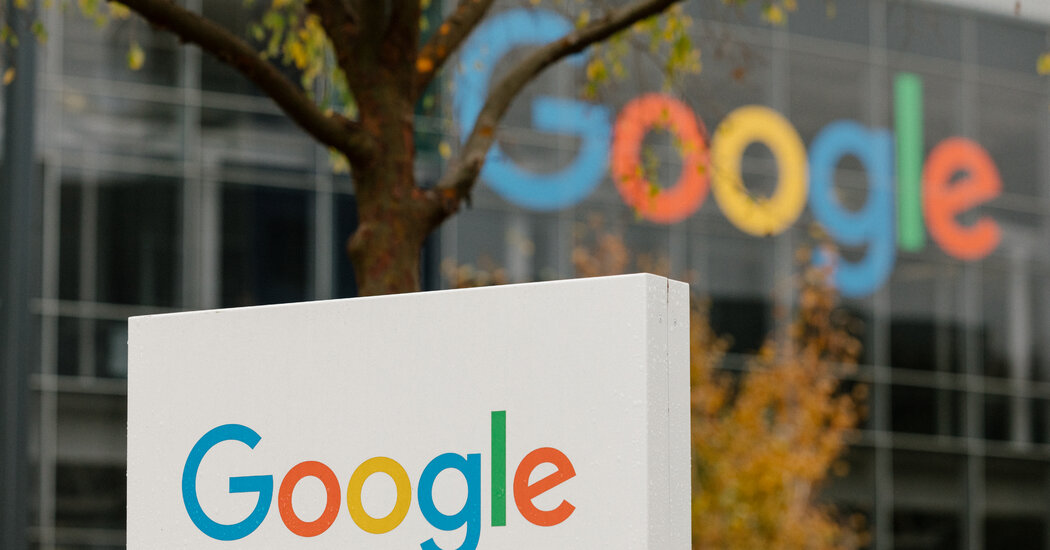Alphabet, Google’s parent company, returned to revenue growth despite a slowdown in advertising and got a boost from its search engine’s popularity after a slump that had sapped its revenues in recent months.
The company on Tuesday reported revenue of $69.8 billion for the first three months of 2023, up 3 percent from a year earlier and better than the median analyst estimate of $68.9 billion.
The internet giant’s profits fell 8 percent to $15 billion, beating Wall Street expectations of $13.9 billion, according to FactSet data. It was the company’s fifth straight drop in quarterly earnings, but Alphabet said it recorded $2.6 billion in costs related to recent layoffs and office space downsizing.
The results were a reminder of the resilience of Google’s search engine, the core of the world’s largest digital advertising engine. Search engine revenue rose nearly 2 percent to $40.4 billion in the first quarter, surpassing analyst estimates of $39.4 billion. The company also offers promotions on its video platform YouTube and on various sites across the web.
Starting last year, rising interest rates and inflation made advertisers more thrifty, undermining the sales and profits of Google and its peers Snap and Meta, which own Facebook and Instagram. Google’s revenue was slightly down at the end of last year.
That put increasing pressure on Alphabet to reassure investors that after years of gravity-defying jumps, it could still deliver sales and profits. Mark Mahaney, an analyst at Evercore ISI, summed up Wall Street’s demands in a recent note, urging the company to cut costs, stabilize core businesses, including YouTube, and accelerate the introduction of artificial intelligence technology.
The internet giant said in January it would cut 12,000 people, or 6 percent of its workforce, from its payroll. As of March 31, Alphabet had 190,711 employees, compared to 190,234 at the end of last year. The layoffs at the company did not officially take effect until the end of March.
Google faces some deeper challenges. For the first time in more than 20 years, some tech industry insiders have seen the search engine, a gateway to the web for billions, threatened by a wave of chatbots that have captured the public imagination. In particular, tools from Microsoft and OpenAI, the creator of the popular ChatGPT chatbot, have begun testing Google’s mettle.
In March, Google released a chatbot called Bard to mixed reviews, but the company isn’t monetizing the tool. The New York Times has reported that Google will be incorporating conversational AI features into its flagship search engine in May and has begun work on a new, more personalized search engine designed to take advantage of AI advances.
Last week, Alphabet consolidated its core AI teams into one unit, Google DeepMind, to accelerate progress in the field. The move combined London-based AI lab DeepMind with Google Brain, part of the company’s research division. DeepMind’s CEO, Demis Hassabis, took over management of the group. Jeff Dean, Google’s top researcher, had previously overseen Google Brain, which he co-founded.
Advertising revenue at YouTube, Google’s video platform, fell nearly 3 percent to $6.7 billion in the first quarter, slightly above the $6.6 billion analysts had expected. The division has posted declining revenues in recent months amid increased competition from TikTok. Apple’s privacy changes to its iPhones have also slowed the growth of social media platforms by making it more difficult to prove to advertisers that their ads are effective.
Revenue at Google Cloud, the division that provides software and technology services to other companies, rose 28 percent to $7.5 billion. In the first quarter, the division reported earnings of $191 million for the first time.

